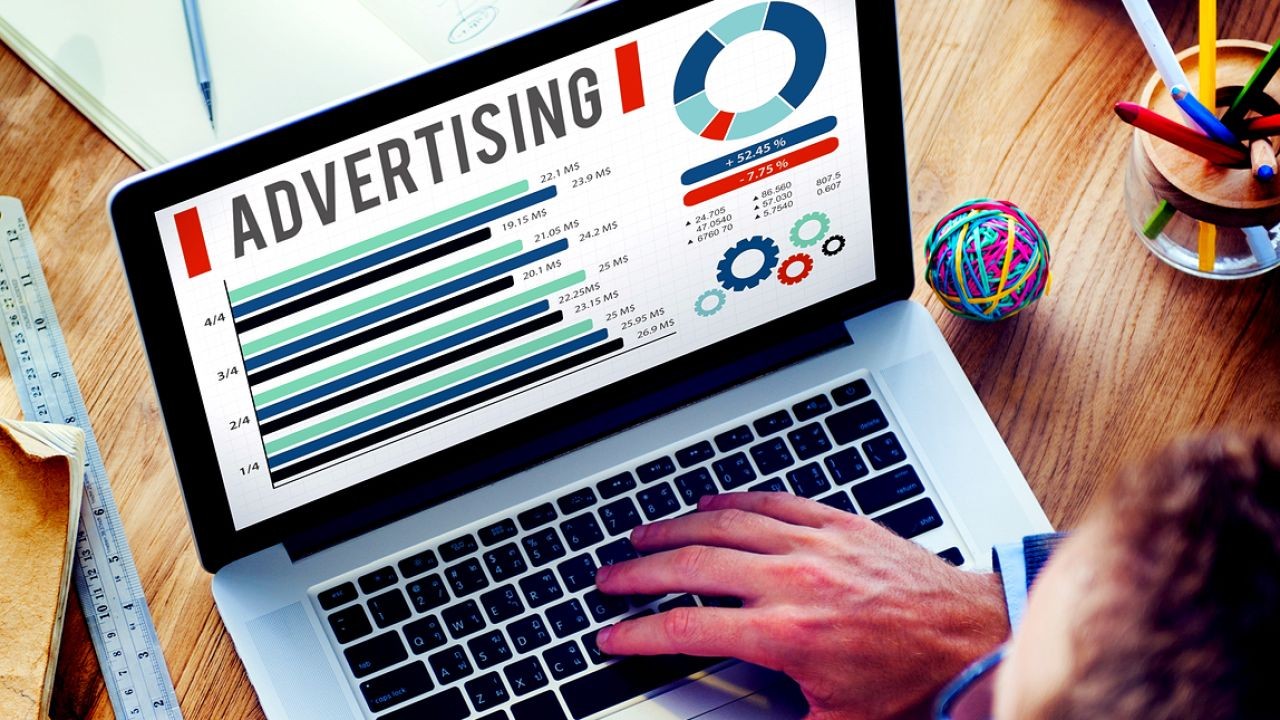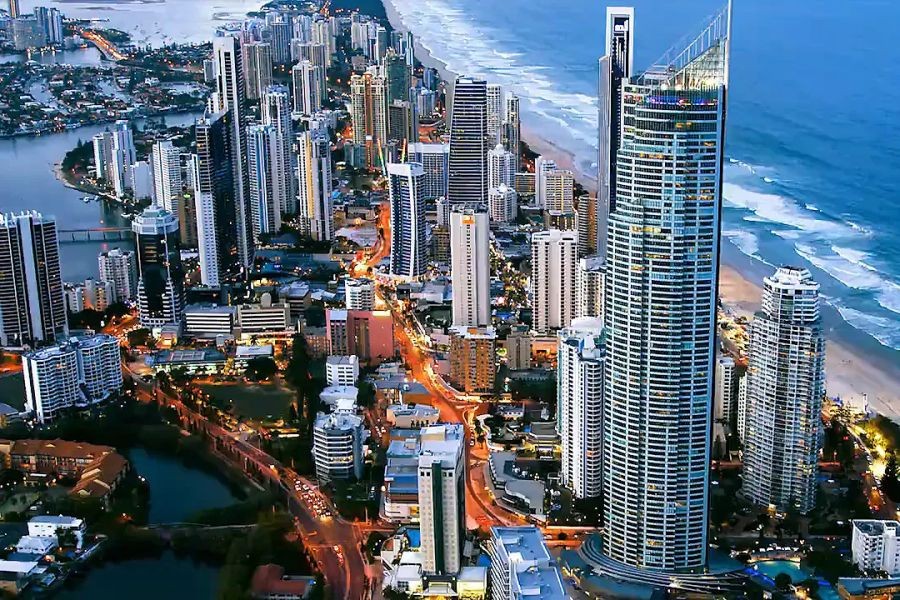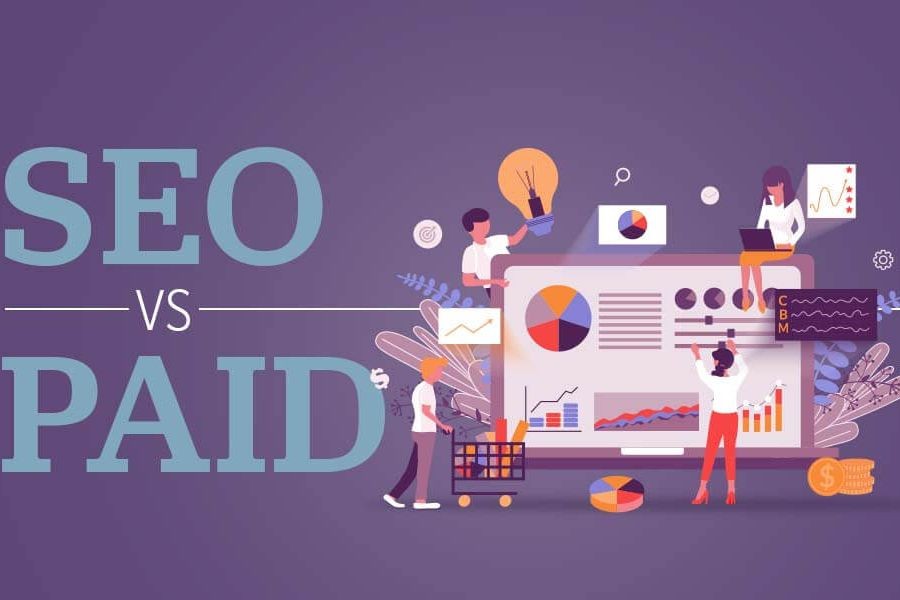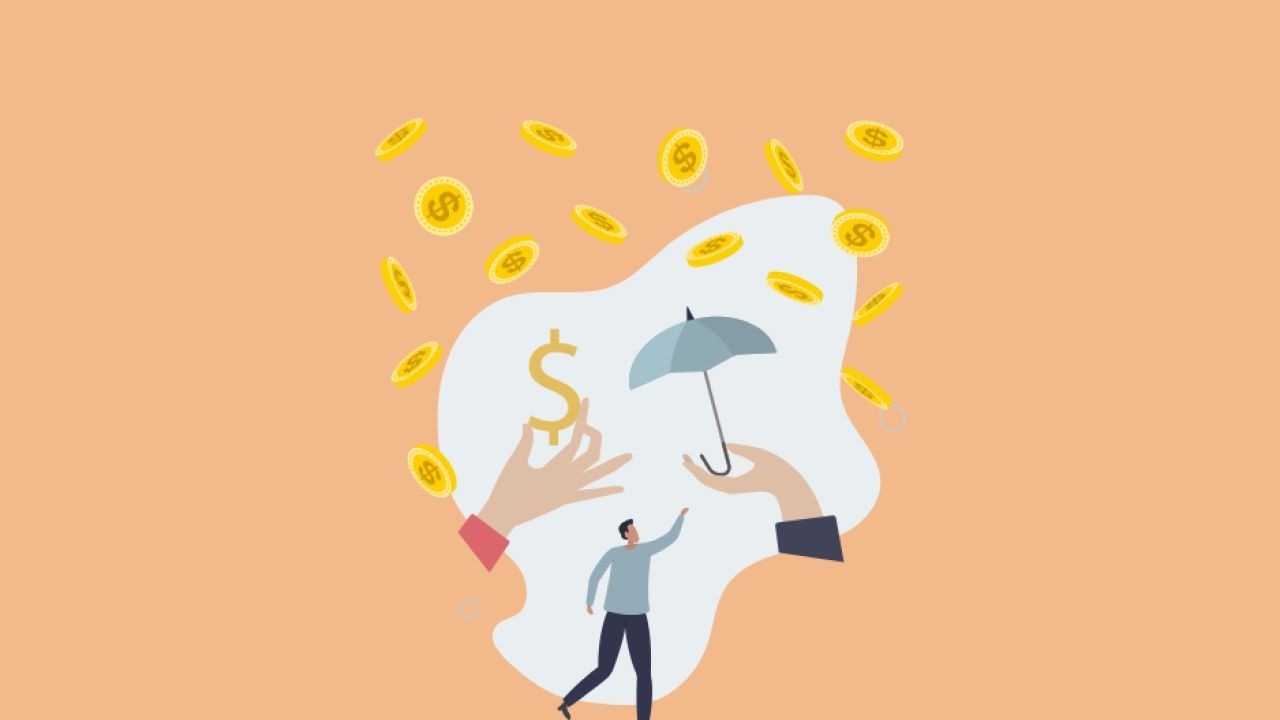In an era where digital connectivity is increasingly shaping social and economic landscapes, the question of governmental control over social media platforms has become a pivotal issue in New Zealand. The nation's unique socio-economic context, characterized by a robust digital economy and a high degree of social media penetration, makes this an urgent matter for policymakers and business consultants alike.
Why Government Control Over Social Media Matters in New Zealand
New Zealand's digital economy is thriving, contributing significantly to its GDP. According to Stats NZ, the digital economy accounted for 9% of the nation's GDP in 2022. With over 80% of Kiwis using social media platforms, these platforms have become essential for communication, marketing, and business operations. However, this increased reliance raises questions about data privacy, misinformation, and national security.
Recent events have highlighted the potential risks associated with social media. For instance, the Christchurch mosque attacks in 2019 demonstrated how social media can be exploited for harmful purposes. This incident led to a global call for better regulation of online content, spearheaded by New Zealand's government.
Comparative Analysis: Global Approaches to Social Media Regulation
Globally, nations have adopted varying degrees of control over social media, each with its own implications.
The European Union: A Proactive Approach
The EU's General Data Protection Regulation (GDPR) sets a high standard for data protection and privacy. This legislation has forced social media companies to adopt stringent data protection measures, impacting how they operate globally. For New Zealand, adopting similar regulations could enhance data protection but may also increase compliance costs for businesses.
The United States: Laissez-Faire with Caution
In contrast, the U.S. has taken a more laissez-faire approach, allowing social media platforms significant autonomy. However, recent congressional hearings and the introduction of the American Data Privacy Protection Act indicate a shift towards more stringent regulation. New Zealand could learn from these developments, balancing freedom with necessary oversight.
How It Works: Government Control Mechanisms
There are several mechanisms through which governments can exert control over social media platforms.
Content Moderation Policies
Governments can mandate platforms to implement robust content moderation policies. This includes removing harmful content swiftly and effectively. For instance, New Zealand's Harmful Digital Communications Act aims to reduce online bullying and harassment.
Data Privacy Regulations
Data privacy is a significant concern. Enforcing strict data privacy laws can ensure that user data is protected from misuse. The Privacy Act 2020 in New Zealand is a step in this direction, but ongoing updates are necessary to keep pace with technological advancements.
Taxation and Economic Measures
Another approach is to impose taxes on digital services, ensuring that these platforms contribute fairly to the economy. The introduction of a digital services tax in the UK serves as a model that New Zealand could consider.
Case Study: New Zealand's Digital Economy and Social Media Regulation
New Zealand's proactive stance on digital regulation can be seen through the Digital Economy and Communications Portfolio. This initiative aims to enhance connectivity, improve digital skills, and ensure that digital technologies benefit all New Zealanders.
One real-world example is the collaboration between the New Zealand government and social media platforms to combat misinformation during the COVID-19 pandemic. This partnership resulted in a 35% reduction in the spread of false information, showcasing the potential benefits of government involvement.
Pros and Cons of Government Control Over Social Media
Pros:
- Enhanced Security: Government oversight can prevent the spread of harmful content and misinformation.
- Data Protection: Ensures robust data privacy measures are in place, protecting user information.
- Fair Economic Contribution: Digital taxes ensure that social media platforms contribute to the national economy.
Cons:
- Compliance Costs: Businesses may face increased costs to comply with regulations.
- Innovation Stifling: Over-regulation could hinder technological innovation and growth.
- Free Speech Concerns: There is a risk of infringing on free speech rights if regulations are too stringent.
Common Myths and Mistakes
Myth vs. Reality
Myth: "Social media platforms are self-regulating and don't need government intervention." Reality: Evidence from the Christchurch attacks shows that platforms often struggle to self-regulate effectively.
Myth: "Regulation will kill innovation." Reality: Properly designed regulations can create a level playing field, encouraging innovation by preventing monopolistic practices.
Myth: "Data privacy isn't a concern for most users." Reality: A survey by the Privacy Commissioner found that 65% of New Zealanders are concerned about their online privacy, indicating a need for stronger protections.
Future Trends and Predictions
As technology evolves, so too will the landscape of social media regulation. By 2026, it is predicted that New Zealand will implement a comprehensive digital services tax, aligning with global trends. Additionally, advancements in AI could lead to more sophisticated content moderation tools, reducing reliance on human moderators.
Final Takeaways
- Government control over social media can enhance security and data protection.
- New Zealand's unique approach to regulation can serve as a model for balancing freedom and oversight.
- Businesses must prepare for potential increased compliance costs and adapt accordingly.
In conclusion, finding the right balance of government control over social media platforms is crucial for New Zealand's digital future. By learning from global examples and continuing to innovate, New Zealand can ensure that social media serves the public good while fostering economic growth. What are your thoughts on this issue? Share your insights below!
People Also Ask (FAQ)
- How does government control over social media impact businesses in New Zealand? Government control can enhance data protection and security, but may increase compliance costs for businesses.
- What are the biggest misconceptions about social media regulation? A common myth is that regulation stifles innovation, but well-designed policies can actually encourage fair competition.
- What strategies should businesses adopt in response to increased regulation? Businesses should invest in compliance training and adopt data protection technologies to adapt to new regulations.
- What upcoming changes could affect social media regulation in New Zealand? By 2026, New Zealand may introduce a digital services tax, impacting how platforms operate financially.
- Who benefits the most from social media regulation? Consumers benefit through enhanced privacy protections, while businesses gain from a fair competitive landscape.
Related Search Queries
- Social media regulation in New Zealand
- Data privacy laws NZ
- Digital services tax impact
- Content moderation policies
- New Zealand digital economy
- GDPR and its impact on businesses
- Future of social media regulation
- Compliance costs for businesses
- Innovation and regulation balance
- Online privacy concerns in NZ































